MDIFW Blog
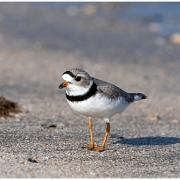
It Takes a Village
On the heels of another record-breaking year for piping plovers in Maine, this endangered beach-nesting shorebird had more pairs (125) and fledged chicks (213) on Maine’s beaches since intensive monitoring began in 1981. MDIFW is mandated to preserve, protect, and enhance the inland fisheries and wildlife resources of the state. This can be difficult to attain for a species vulnerable to climate change, sea level rise, predation, and recreating humans and dogs.
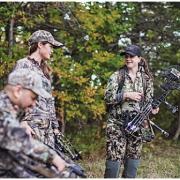
Deer Management in Maine
The state of Maine is a vast region of forested landscapes and unique ecosystems supporting a rich diversity of wildlife and endless opportunities for outdoor recreation. In the last two years, Mainers have turned to the outdoors more than ever, seeking solace through fresh air and fresh food from the field.
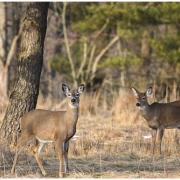
The Importance of Regulated Doe Harvest
While you can’t have a deer population without bucks, it is the does (female deer) carrying and raising offspring that drive population growth. Regulated doe harvest is a cornerstone of deer management and is the primary tool used by state deer managers to control or direct deer population growth.
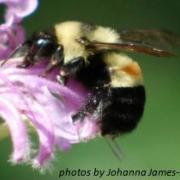
BEE on the Lookout for Rusty Patched Bumble Bees!
Maine Department of Inland Fisheries and Wildlife is looking for rusty patched bumble bees and you can help!
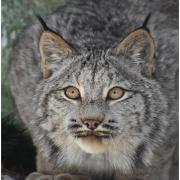
Lessons from a Lynx
Often referred to as the “Gray Ghost of the North,” due to its perceived elusiveness, the Canada lynx is more fittingly described as calm, aloof, and surprisingly tolerant of human presence. Their long legs and thick-furred paws act like snowshoes to hunt in deep snow and their eyes have mirror-like cells allowing an increase of light available for the lynx to see at night. In addition to these adaptations, the lynx has a keen sense of hearing and smell, making them exceptional predators and equipped at living in deep snow environments.
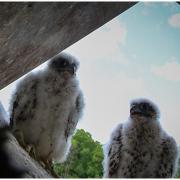
Checking in on Peregrine Chicks
The keen eyes of one of the many MDIFW peregrine falcon surveyors, Trish Berube, and the partnership of Chinburg Properties, led to the discovery of a female incubating eggs in a 14-year-old nest box on a historical building in Lewiston. The exact location of this nest box is being kept private at this time to limit disturbance to the young until they fledge early summer.
Fishing Responsibly for Trout during Warm Weather
As we emerge from the challenges brought on by the pandemic, with a renewed and growing interest in outdoor recreation, including fishing, we find ourselves in another year of low flows and water levels due to the very early onset of a drought; the second year in a row. Most areas of Maine are suffering from below-average rainfall and lower than normal water conditions. Anglers are reminded to consider these conditions and take some personal responsibility when fishing for coldwater fish species such as trout and landlocked salmon.
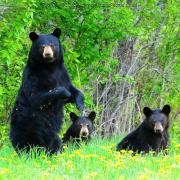
Be Bear Wise
As the days grow longer, wildlife and humans alike emerge from their homes and dens to greet the warm weather. For many humans, we emerge with some extra “fluff”; we’ve exercised less, stayed inside more, eaten all the delicious desserts over the holidays, and gone through a long phase that I like to call “bulking season.” For our furry friends from bats to bears, winters can be more challenging; presenting little food, frigid temperatures, and the need for exceptional adaptations to ensure survival.

Maine River Trips
Paddling along Maine’s many water ways is a favorite pastime for anglers and anyone who enjoys the serenity of being on the water, turning around bends only to share the river with wildlife and the splash of a rising fish. Here are a few trip ideas throughout the state, with varying lengths and difficulty levels. Before you go, always do you research and plan ahead. You may need to consult a gazetteer and other resources before making the trip. And always tell someone where you are going, and when you plan to return.
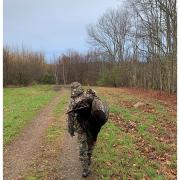
New Turkey Hunters Tell Their Spring Success Stories
The weather is hot and it feels like spring is far behind us. But the spring turkey hunt just wrapped up five days ago on June 5th. With an overall lift in outdoor recreation in Maine, we’re seeing more and more new hunters on the landscape. For many, this is just another opportunity to get outside and connect to nature, a key element to good mental health. New turkey hunters are seeing the benefits of spending time outside with friends and family, even if they don’t harvest a bird. A successful hunt doesn’t always end at a tagging station—but sometimes it does!
Keep In Touch!
Enter your email or mobile number to receive the latest news from MDIFW.